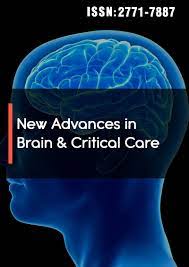Exploring Pragmatic Deficits in Broca’s Aphasia Through Relevance Theory
Abstract
Dalia Elleuch
This article delves into applying Sperber and Wilson’s Relevance Theory (2006) as a framework for comprehending language deficits in individuals diagnosed with Broca’s Aphasia. The theoretical foundation elucidates how communication difficulties characteristic of Broca’s Aphasia can be understood through optimizing relevance in discourse. It explores the efficacy of Relevance Theory in explicating the challenges faced by individuals with Broca’s Aphasia in expressing and processing linguistic information. Relevance Theory posits communication as a cognitive endeavor wherein speakers aim to maximize relevance, balancing cognitive effort and informational load. Methodologically, the study employs qualitative analysis of interactions between individuals with Broca’s Aphasia and interviewers. Using a corpus of three transcripts of language assessments retrieved from the Aphasia Bank database (MacWhinney et al., 2000), the research employs a qualitative linguistic analysis. Applying this framework to Broca’s Aphasia, characterized by expressive language impairments, offers insights into the pragmatic strategies employed by individuals to convey meaning. Findings underscore the benefits of employing Relevance Theory in elucidating language deficits, providing a better understanding of the pragmatic challenges faced by individuals with Broca’s Aphasia. However, the application of this theory also reveals challenges, particularly in accounting for the diverse and context-specific nature of language impairments within this population. In conclusion, the study advocates for the development of a specialized framework tailored to the unique language challenges inherent in Broca’s Aphasia.




